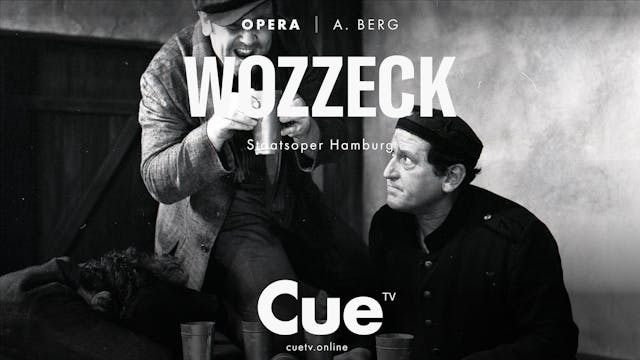200 000 Taler (1970)
Operas from 1970
•
Classics, Music
"Boris Blacher was one of the most important and most widely performed composers in post-war Germany. In his 1969 opera “200 000 Taler” (200 000 Thalers) he adapted a comedy by famed and popular Jewish author Scholom Aleichem and created a sophisticated milieu study around tailor Schimele Soroker and his family who come to great fortune by winning the lottery.
This 1970 recording of the world premiere production stars a stunning Martha Mödl as Soroker’s wife and Günter Reich in the role of the shrewd tailor. Director Gustav Rudolf Sellner leads his fine cast meticulously through the comic and self-ironic material and supports the cliché-less score that Blacher conceived for Aleichem’s characters. Heinrich Hollreiser conducts the Orchestra of the Deutsche Oper Berlin with insight and musical mastery. As the Neue Zürcher Zeitung wrote after the premiere, “Blacher discovers forces and notions that move our century within the naive, unpretentious literary material at hand. … Without ever using Jewish melodies this score creates a kind of folklore of a setting that is fully Blacher’s own. Here lives a new style.”"
Up Next in Operas from 1970
-
Les contes d'Hoffmann (1970)
"Walter Felsenstein (1901–1975), founder and general director of the Komische Oper in Berlin, was one of the twentieth century’s greatest creative theatre directors, who played a hugely important role in the revival of opera as a theatrical art form. A brilliant artist who directed over 190 produ...
-
Die Meistersinger von Nürnberg (1970)
The 1970 film version of Richard Wagner’s opera Die Meistersinger von Nürnberg is based on a staging by the director Leopold Lindtberg, for which Herbert Kirchhoff designed the set and Rudolf Heinrich the costumes. Leopold Ludwig conducts the Chorus of the Hamburg State Opera and the Philharmonic...
-
Wozzeck (1970)
In his autobiography Opera Years Rolf Liebermann wrote: “Of all the film versions of operas in which I was involved, my favourite has always been Wozzeck, mainly because the interpreters and location were so convincingly authentic.” And truly, this film adoption of Alban Berg’s Wozzeck, recorded ...



